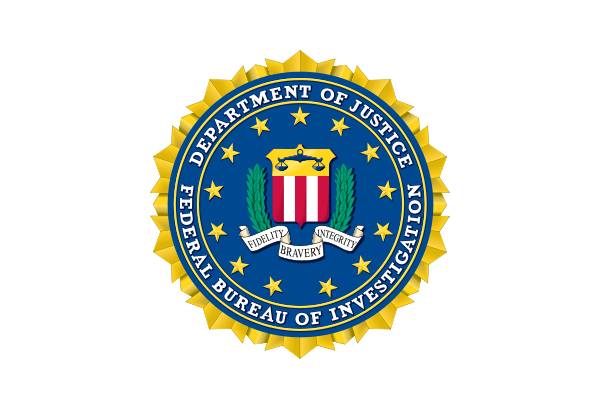As Valentine’s Day approaches, it is likely scammers will exploit individuals online who may be looking for companionship or romance this time of year, a FBI press release detailed.
Recent data reported in the 2021 Internet Crime Complaint Center annual report showed West Texans lost more than $2 million dollars to confidence fraud and romance scams that year. Although 2022 data has not been released, it is expected there will be increased reported losses due to recent upward trends.
“Scammers use poetry, flowers, and other gifts to reel in victims, all while declaring their undying love,” Jeffrey R. Downey, Special Agent in Charge of the FBI El Paso Field Office, said in the press release. “Victims may feel embarrassed, but it’s important to come forward and contact the FBI if you suspect your online admirer is a scammer, so we can help bring them to justice before they break someone else’s heart and bank account.”
The following are examples of common red flags of romance scams, as well as tips to better protect yourself.
Common Romance Scam Red Flags:
>> The scammer makes promises to meet in person but gives excuses as to why they can’t.
>> The scammer will ask for money once they gain your trust. Typically, they explain they have an owed debt, need financial assistance, or they ask for travel funds.
>> The scammer will request money through methods that make it hard to be traced and hard to get back.
>> The scammer may ask to leave a dating service or social media site to communicate directly.
How to Protect Yourself:
>> Be careful what you post and make public online.
>> If you suspect a scam, stop communicating with the person immediately.
>> Conduct a reverse image search of the person’s photo(s). If it is associated with another name or profile, it is likely a scam.
>> Take things slow and ask a lot of questions.
>> Never send money to someone you have only communicated with online or by phone.
If you suspect you are involved in a romance scam or you have fallen victim, report the incident to the FBI’s IC3 by visiting ic3.gov.




